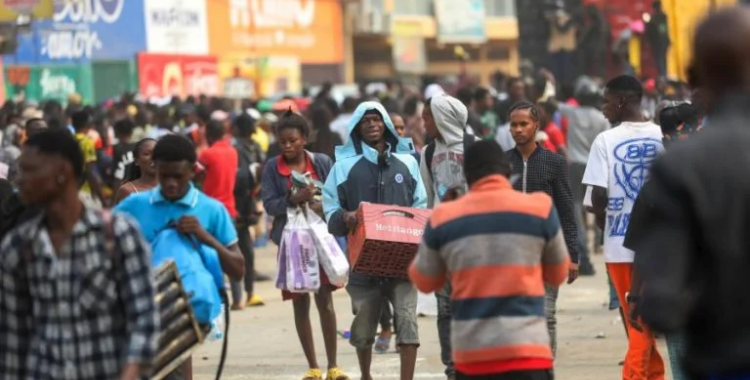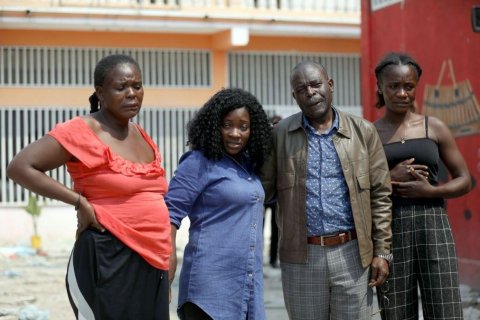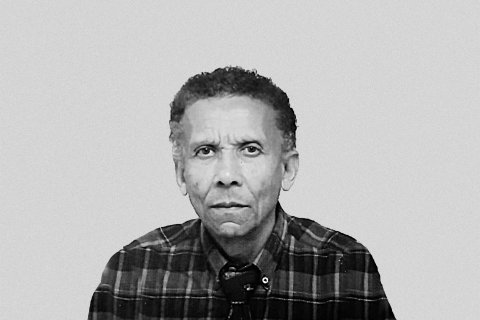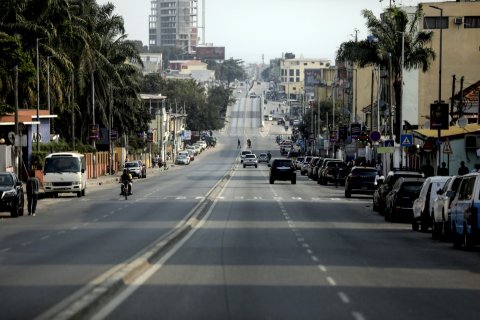On the second day of the taxi drivers' strike—which degenerated into violent protests, vandalism, and looting—people interviewed by Lusa in the capital expressed fears about instability and condemned the unrest, but acknowledged that there are reasons for the protests, which they attribute primarily to worsening living conditions.
"People think with their stomachs, not their heads," summarized Feliciano Lussati, a young teacher living in the Benfica area, as he left a cantina (a small local grocery store) where he managed to buy bread.
"The country's situation is chaotic, precarious, and prices are constantly rising. Wages are practically the same," he said, justifying the legitimacy of the taxi drivers' strike.
For Feliciano, the ensuing violence "has to do with hunger. Those who are hungry don't think about the consequences," because the country's socioeconomic problems mean "people don't think with their heads, they think with their stomachs."
"If we look at what we've seen on social media, people are vandalizing shopping malls and stealing food, right? So, I think that someone who isn't hungry wouldn't be breaking into a private store to take profits or profit from it, right? I think hunger is at the root of it, the desperation of the population is at the root of it," he explained.
Although the situation in his neighborhood is calm, Feliciano spent the past two days practically at home, watching social media, while listening to noise in the distance.
"I went to buy bread because we have to be prepared," he emphasized, admitting to being worried about the effects of the strike.
In his opinion, the outcome will depend on the government's ability to respond.
"The government needs to know how to communicate, take appropriate measures, and make an effort to calm the situation and achieve consensus, because if the situation continues on this path, unfortunately, we will have more worrying situations, and things will get worse every year, with each passing day," he commented.
The capital woke up this Tuesday still marked by the tension of the previous day. Gas stations were closed and protected by security forces, taxis parked next to improvised barricades made of garbage containers, and armed men—in plainclothes—pervading some neighborhoods dotted the landscape.
In São Paulo's usually bustling shopping district, there were hardly any open businesses. Only a few street vendors carried bowls of water or fruit. Maria, also a street vendor, living in the Mundial neighborhood (Benfica), complained to Lusa about the lack of customers.
"There are no customers today. Because the taxis aren't running," said the vendor who walked to work.
The previous day, life "was really difficult (...) there was nothing for us to eat. And I only managed to get some today," she lamented.
Regarding the protests, whose causes she said she didn't know, Maria simply said she saw "robberies in supermarkets" on television.
The signs of destruction were still visible in several areas: warehouses with broken windows, traces of burnt trash on the asphalt, streets without motorcycle taxis or the typical blue and white.
On Luanda's waterfront, the emptiness contrasted with the usual hustle and bustle. On Samba, the heavy traffic was replaced by silence interrupted only by passing vehicles.
Shopkeeper Moisés Francisco decided to keep his canteen, bakery, and pharmacy – "MAF" – partially open despite his fears. "It was quite busy here this morning. There were a lot of people looking for bread because they found the stores closed," he reported. Fearing riots, he ended up suspending service, which he only resumed because "the neighborhood was crying."
The day before, "they couldn't buy bread," he explained.
For Moisés, the strike was justified. "The strike was due to the fuel price hike. That may be a reason, yes. But it's not a reason to loot," he criticized. "They [business owners] are also suffering; they can't prosper. This is a setback," he lamented.
The taxi drivers' strike was called following the fuel price hike.
The protest, which was supposed to be peaceful, quickly degenerated into violence in several areas of Luanda, with stores looted, transport paralyzed, road barricades, and reports of deaths and injuries.
Authorities confirmed four deaths and have already arrested more than 500 people.







